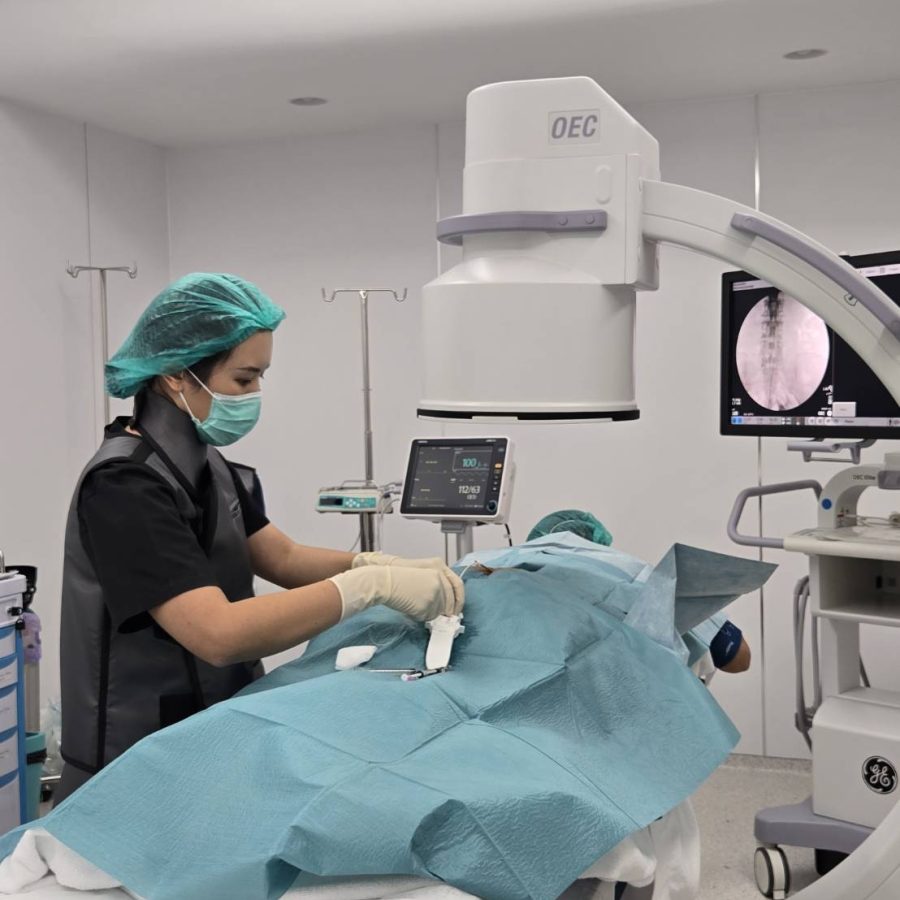If you suffer from chronic migraines, you know how debilitating they can be. Anti-CGRP Therapy offers a promising solution for long-term relief. Here’s what you need to know:
What is Chronic Migraine?
Chronic migraines are defined as 15 or more headache days per month, with at least 8 of those days being migraines. They can significantly disrupt daily life, causing severe pain, nausea, and sensitivity to light and sound. Traditional treatments may offer limited relief, but Anti-CGRP therapy provides a new approach for preventing and reducing the frequency of these debilitating attacks.
What is Anti-CGRP Therapy?
Anti-CGRP (Calcitonin Gene-Related Peptide) therapy is a targeted treatment designed to block CGRP, a protein that plays a central role in migraine attacks. By inhibiting CGRP, this therapy helps to prevent migraines from occurring and reduces their intensity, providing relief for many patients who haven’t responded to other treatments.
Who Can Benefit from Anti-CGRP Therapy?
If you suffer from chronic migraines that occur 15 or more days per month, and haven’t found relief with traditional medications, Anti-CGRP therapy might be the breakthrough you’ve been waiting for. It is especially effective for individuals who experience frequent and severe attacks despite trying other treatments.
How is Anti-CGRP Therapy Administered?
Anti-CGRP therapy is typically given through subcutaneous or IV injections every 3 months for up to 18 months. This provides long-lasting relief with fewer treatments compared to other migraine medications.
What Results Can I Expect?
Patients often experience a significant reduction in the frequency and severity of their migraines. Many report fewer migraine days per month and reduced pain intensity, leading to improved daily functioning and quality of life. The results can last up to several months, with ongoing treatment providing continuous relief.
What Should I Expect After the Treatment?
- Minor side effects, such as mild pain or swelling at the injection site, are possible but usually resolve quickly.
- The treatment is well tolerated, and compared to traditional migraine medications, it tends to have fewer and milder side effects.
How Can I Manage My Chronic Migraines?
- Track your triggers: Stress, certain foods, hormonal changes, and sleep disturbances are common migraine triggers.
- Stay hydrated and maintain a consistent sleep schedule.
- Incorporate stress-management techniques, such as meditation or gentle exercise, into your routine.
Compiled by;Rarinthorn Choomsai Na Ayuthaya, M.D. Interventional Pain Specialist
Contact us to learn more or to schedule a consultation.
Tel: 02-125-3959, 098-195-0991







